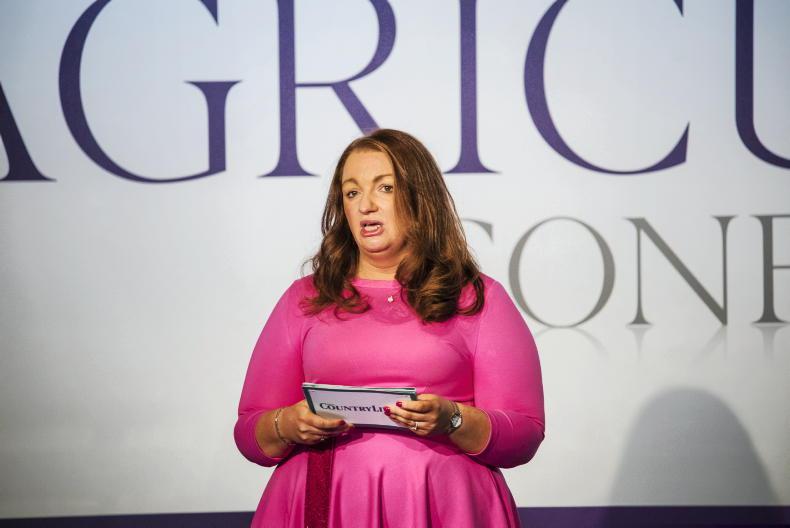Fundamental to the success of any breeding or horse-rearing operation is the health and wellbeing of equine farmers.
The demands of working with horses, particularly during the busy foaling season, can place significant strain on both mental and physical health.
Prioritising self-care and seeking support is essential for maintaining a sustainable business and a balanced lifestyle.
The demanding nature of equine farming places significant pressure on the health of farmers, no matter what age they are. Long hours, unpredictable workloads, daily worry and financial pressures can take a toll, making it essential to prioritise your own wellbeing alongside the
care of horses.
Equine farmers engage in physically demanding tasks such as mucking out stables, lifting heavy feed bags, and handling unpredictable animals.
We’ve all had a kick or a bite, no matter how long we’ve been working with horses. Repetitive strain injuries, back pain, and fatigue are common amongst us all.
Proper lifting techniques
To maintain physical health, it’s really helpful to adopt proper lifting techniques, invest in ergonomic equipment (I have an ergonomically designed dung fork and it’s been a game changer for my lower back), and schedule regular breaks.
Routine exercise, stretching, and a balanced diet can help prevent long-term health issues.
The solitary nature of equine farming, coupled with the emotional attachment to animals, can lead to stress, anxiety, and feelings of isolation. Financial instability, especially during challenging economic periods, further exacerbates mental strain. Recognising the importance of mental health is key.
Building support networks through local farming groups, equestrian communities, or online forums can provide a sense of connection and shared understanding.
There are also plenty of mental health charities who can support you. Creating a sustainable work routine with realistic goals helps prevent burnout.
Using technology
Delegating tasks, hiring part-time help during busy seasons, and using technology like automated feeders can ease the workload. Taking time to rest, engage in hobbies, and seek professional help when needed contributes to long-term wellbeing.
Prioritising both mental and physical health not only improves quality of life but also enhances productivity and the care provided to horses. Equine farmers who look after themselves are better equipped to maintain a thriving, sustainable business and have happy, healthy horses.









SHARING OPTIONS